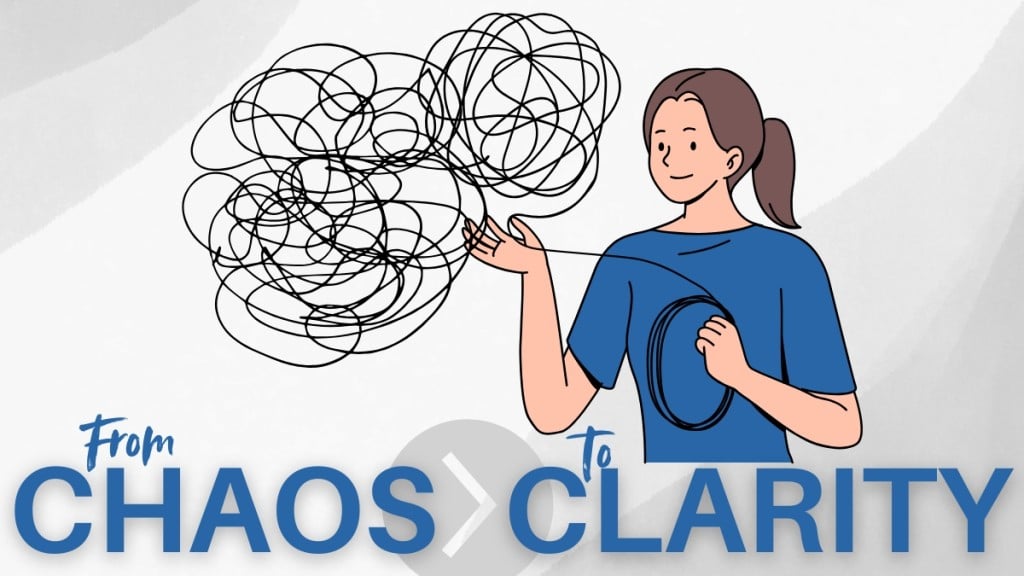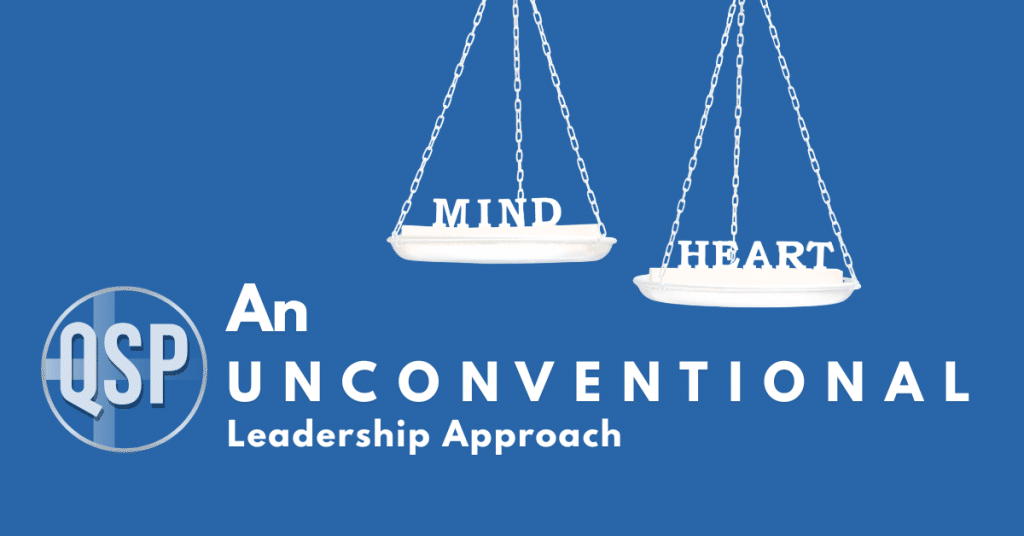Working for a company that serves adults with disabilities is not just a profession for me; it’s a deeply personal journey anchored in my core values. The secret to my genuine love for this job lies in the alignment with my beliefs, the compassionate community surrounding me, and the continual personal and professional growth it offers. Here’s a glimpse into my reasons for cherishing this role and tips to help you discover your own “why.”









